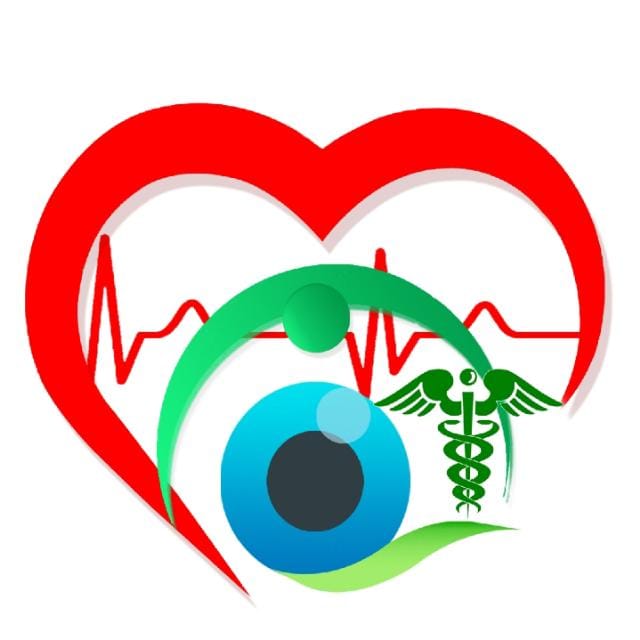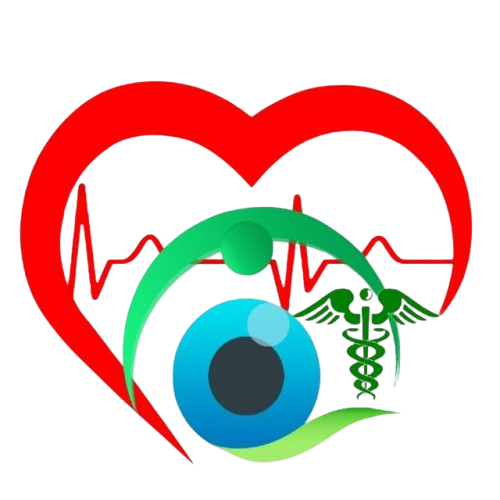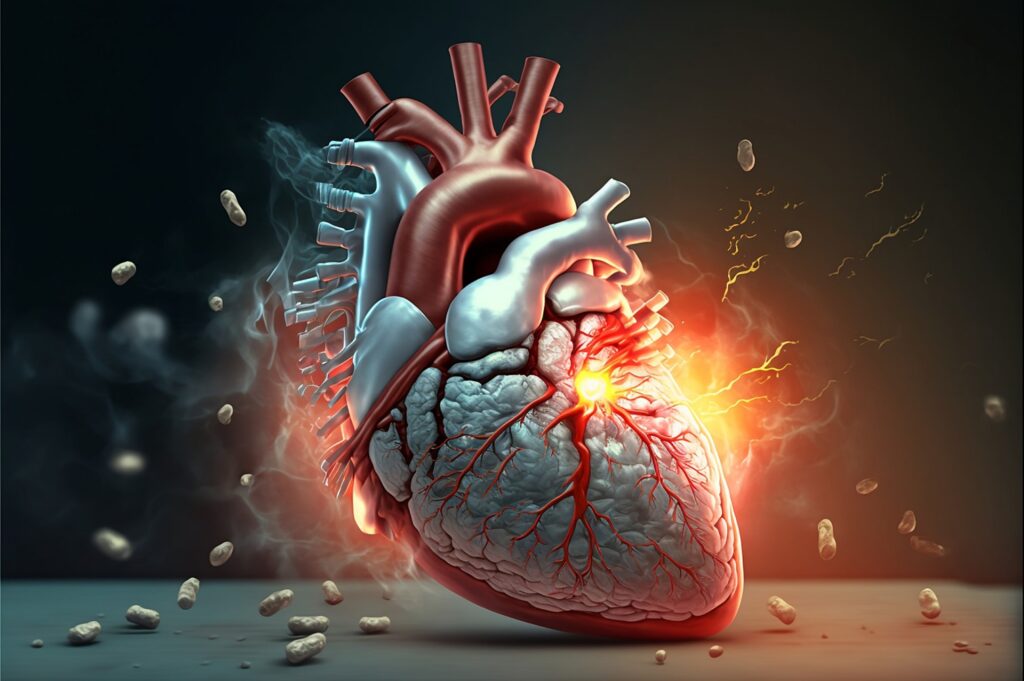A condition in which the heart is unable to pump enough blood to meet the body’s needs.
CHD is also known as heart failure and is a common form of cardiovascular disease that affects millions of people worldwide.
It is a critical condition that can cause a reduction in blood flow to vital organs like the brain, liver, and kidneys, ultimately causing organ damage.
Symptoms of CHD
The symptoms of CHD may vary from person to person, depending on the severity of the condition. Some common symptoms of CHD include:
• Shortness of breath
• Edema (swelling in the feet, ankles, or legs)
• Arrhythmia (irregular heartbeat)
• Exercise intolerance
• Fatigue
• Pulmonary edema (fluid in the lungs)
Causes of CHD
CHD can be caused by various factors, including:
• Coronary artery disease (CAD)
• Hypertension (high blood pressure)
• Cardiomyopathy (disease of the heart muscle)
• Heart attack
• Valvular heart disease
• Congenital heart defects
• Diabetes
• Obesity
• Sleep apnea
Diagnosis of CHD
To diagnose CHD, your doctor will perform a physical exam and may recommend one or more of the following tests:
• Echocardiogram (uses sound waves to create images of the heart)
• Electrocardiogram (records the electrical activity of the heart)
• Chest X-ray (to check for fluid buildup in the lungs)
• Cardiac catheterization (uses a thin, flexible tube to measure the pressure and blood flow in the heart)
Treatment of CHD
The treatment of CHD depends on the underlying cause and severity of the condition. Some common treatments for CHD include:
• Lifestyle changes (such as quitting smoking, maintaining a healthy weight, and exercising regularly)
• Medications (such as diuretics, ACE inhibitors, and beta-blockers)
• Surgery (such as heart valve replacement or coronary artery bypass surgery)
• Implantable devices (such as pacemakers or implantable cardioverter defibrillators)
Prevention of CHD
There are several ways to prevent CHD, including:
• Quitting smoking
• Maintaining a healthy weight
• Eating a healthy diet (low in saturated fat and salt)
• Exercising regularly
• Managing stress
• Controlling high blood pressure and diabetes
FAQs about CHD
Q: Is CHD the same as a heart attack?
A: No, CHD and heart attack are not the same. CHD is a condition in which the heart is unable to pump enough blood, while a heart attack occurs when there is a blockage in the blood vessels that supply the heart.
Q: Can CHD be cured?
A: While there is no cure for CHD, the condition can be managed with proper treatment and lifestyle changes.
Q: Is CHD hereditary?
A: CHD can run in families, but it is not solely caused by genetics. Lifestyle factors also play a significant role in the development of CHD.
Diet changes for CHD
A healthy diet is an essential part of managing CHD. Some dietary changes that can help manage CHD include:
• Eating a diet low in saturated fat and salt
• Including more fruits, vegetables, and whole grains in your diet
• Limiting alcohol intake
• Avoiding sugary drinks and foods


